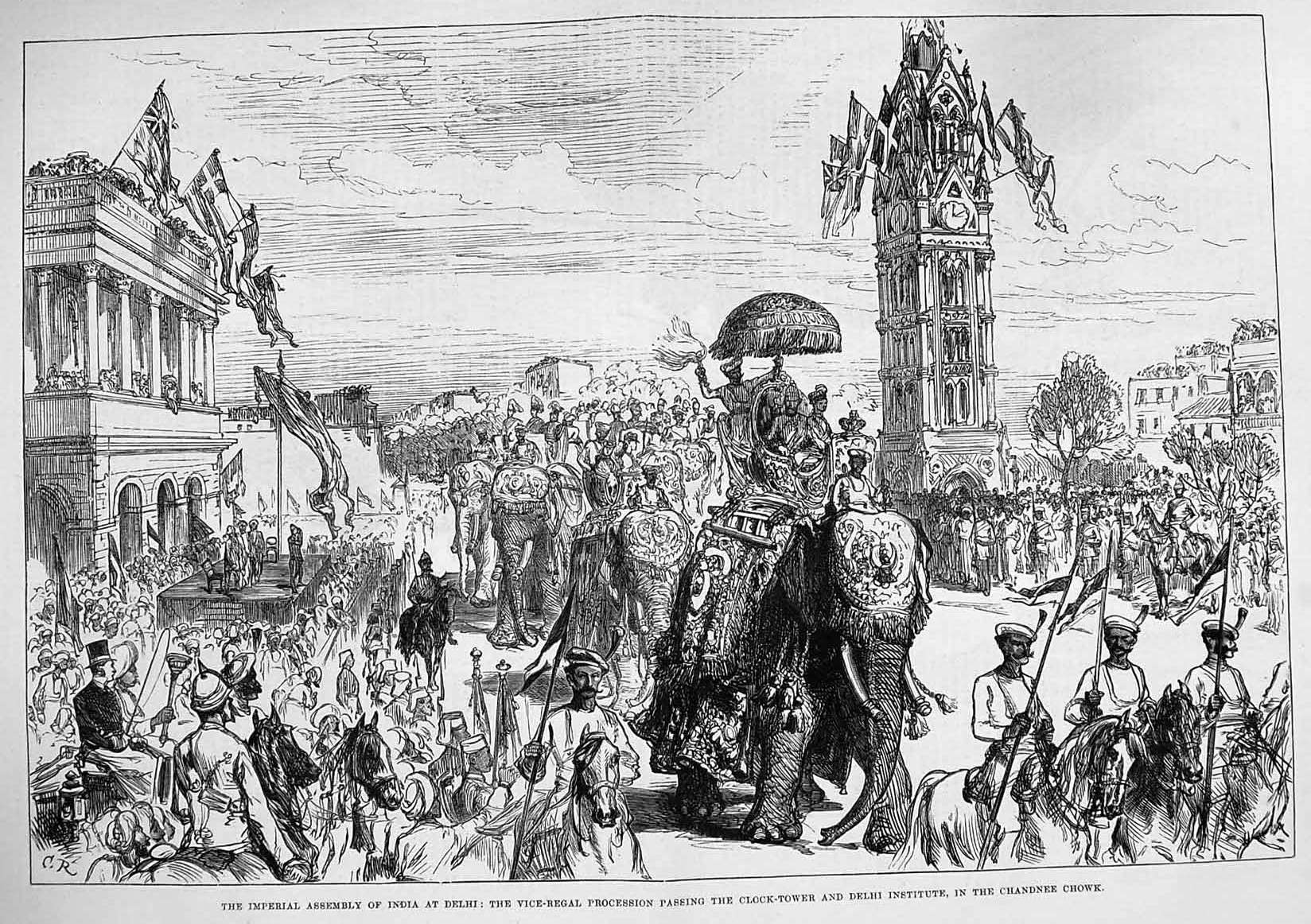“Showcase of South Asian Excellence” brings together a group of South Asian students each united through the struggle to reconcile their sociocultural and ethnic identity. A vast range of literature delivered this emotionally, logically and ethically engaging performance that unpacked an identity profoundly misguided by the injustices of a colonial past.
This performance tackled the complicated sense of inferiority by re-enacting an interview in which a British-Indian girl spoke about there being too many “loud Indians.” This complex fear of causing a disruption in a country that you’ve grown up in stems from a sense of permanent displacement, fostering an understanding of one’s helplessness and lack of agency. This is the social dynamic of submission and inferiority that has been conditioned into many people of colour astonishingly long after the colonial era.
One public voice featured is British-Pakistani actress Jameela Jamil, firing back at an airbrushed image of herself as slimmer and lighter. She criticised it for perpetuating damaging and unfair standards. This act of correcting something signals a certain lack and inadequacy, a trait that wider society is unwilling to accept. The results of these colonial dynamics are very often projected and widely circulated around the media, thus humanising stereotypical messages, reducing real human emotion and experience to that of basic shallow cultural implications. Our capitalist system is an active reflection and promoter of this preference for white bodies. These social messages unavoidably infiltrate the mind and promote injustice. Hierarchical structural relations have long been blindly accepted as factual and innate, whilst the grave historical misdemeanours that created them lie relatively unknown.
The performance placed emphasis on comprehensively educating on heinous colonial history, including the Partition of India which exemplifies the disastrous long-term repercussions of imperial rule. Only through education can we free the present from the condemnations of the past. The show presented and introduced the concept of culture switching where one speaks and acts differently in different environments. This is symptomatic of internalised limitations; people submit to these standards forsaking their own individuality, bringing about an immense identity crisis.
The need to constantly reaffirm and convince yourself that your potential can go beyond presupposed limitations. To continually hold on to your beliefs without losing sight of your own sanity. To fight to maintain your inner hope, ambition and hard work from the discreditation of others dismissively relegating it to your skin colour. Having to strongly hold on to your identity and worth, without assigning blame to people of another skin colour. To forgive without forgetting and acknowledge that despite the anger and the hurt, you can’t fight for humanity by pointing your finger at another human. We are the products of our material circumstances, only through seeing eye to eye can we start deconstructing these structures.
This is a message of inclusivity, this is a conversation that differentiates but doesn’t discriminate. It is about acknowledging the past and tapping into the vast potential that cultural diversity has to offer. “A Showcase of South Asian Excellence” did an amazing job in utilising emotions, stories and literature to outline hope and a direction for us all to take. The universality of these experiences for all people of colour is apparent. “The Showcase of South Asian Excellence” exemplified a strength and desire to overcome the darkness of our past; an overcoming defined through the celebration of the very differences that colour our shared humanity.
Image: Illustrated London News, 1877 via Wikimedia Commons

